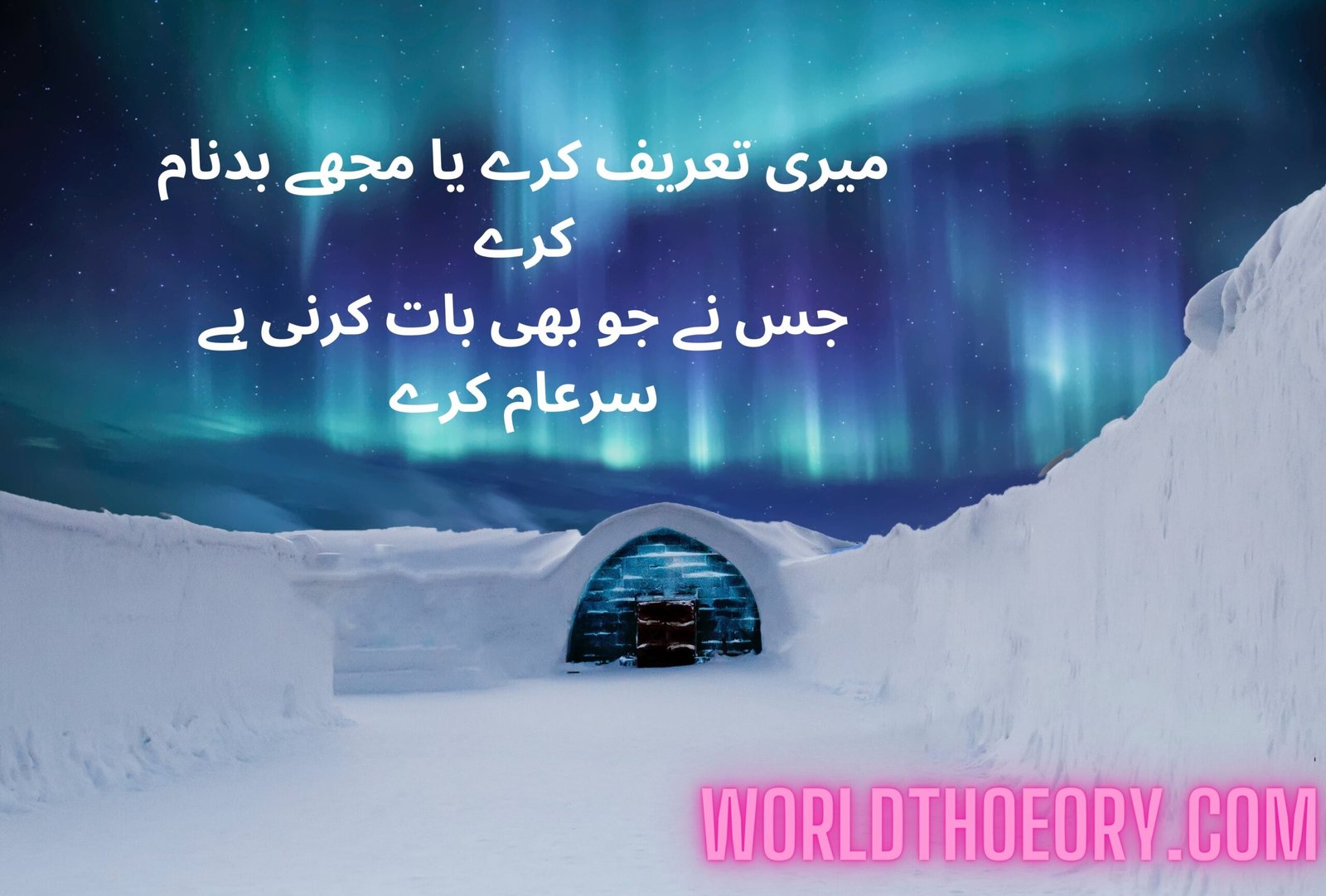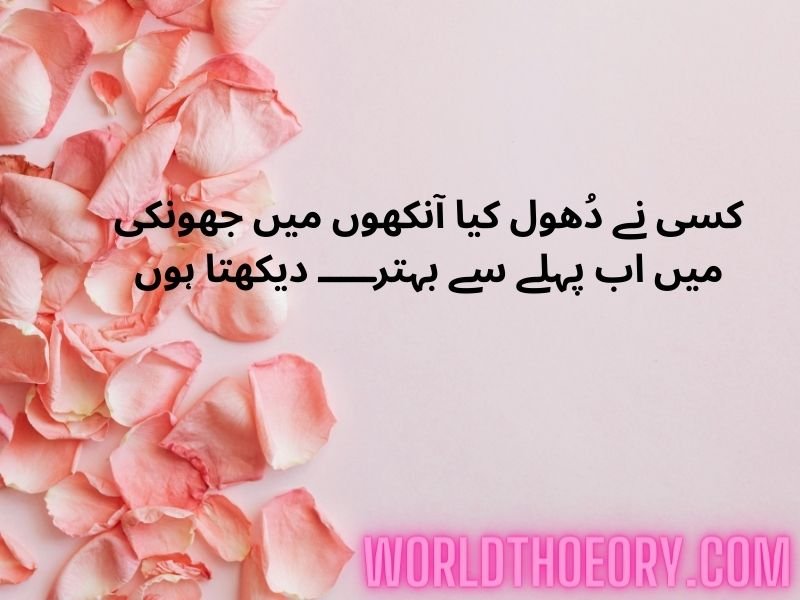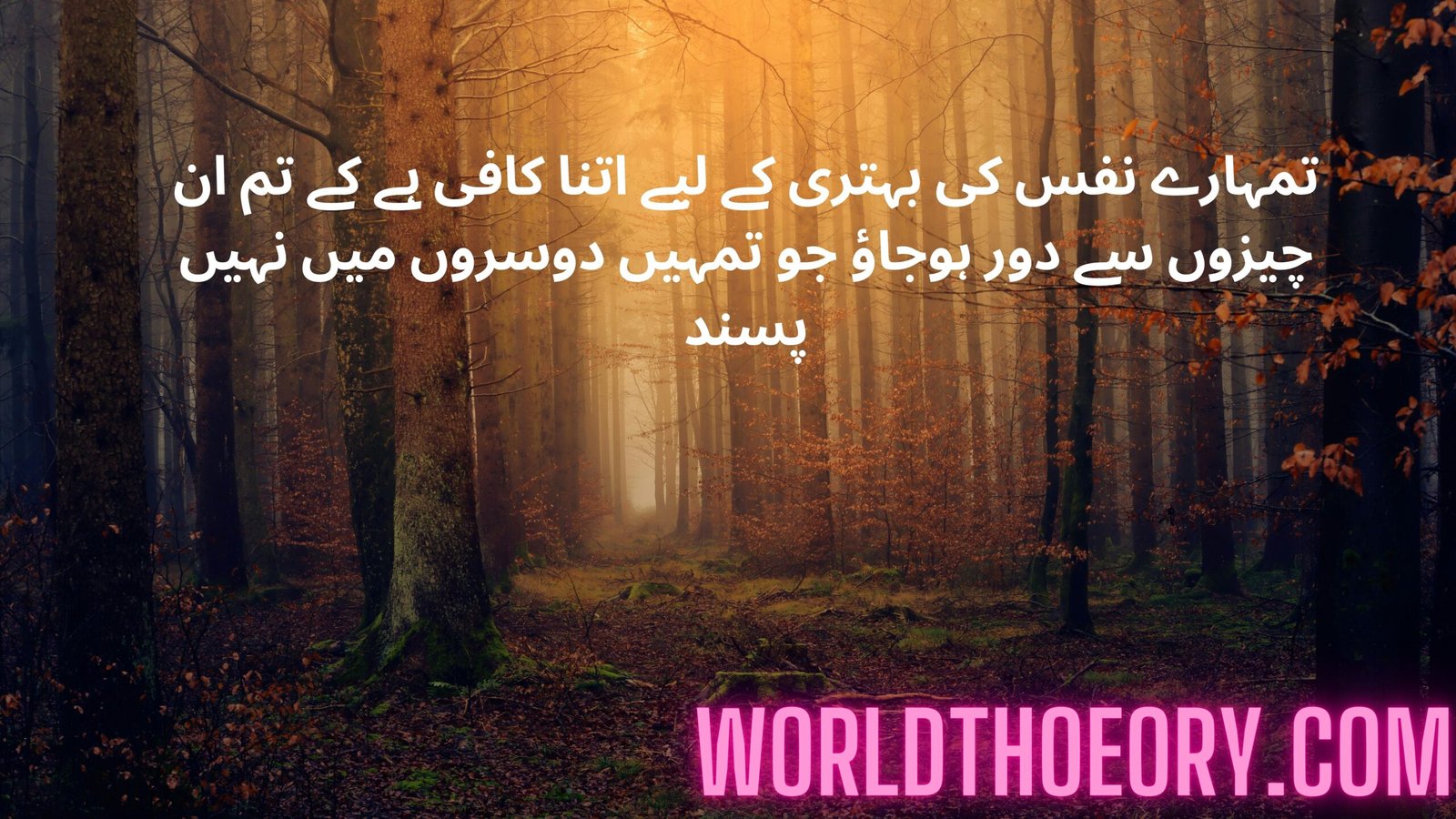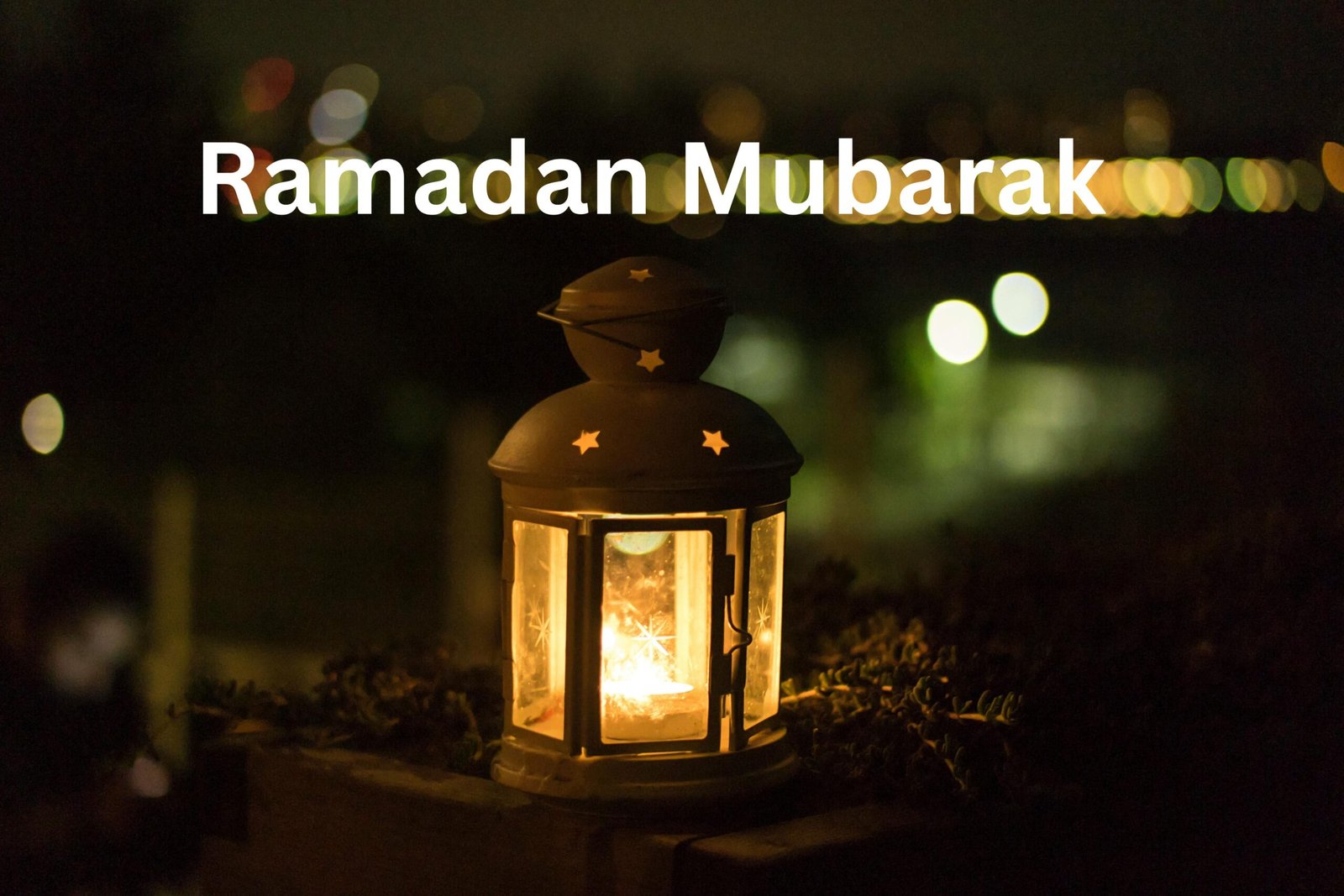
The article delves into the world of Urdo poetry and its transition into the digital era through the emergence of Urdo poetry blogs. It begins by exploring the evolution of Urdo poetry over the years, highlighting its significance and versatility in expressing various themes and emotions. The importance of blogs in modern times is discussed, emphasizing their role as platforms for sharing creative works and fostering community engagement.
The rise of Urdo poetry blogs is examined, focusing on their characteristics and the qualities that make them successful. Tips for starting and managing a Urdu poetry blog are provided, including content creation strategies, audience engagement techniques, and promotion methods. Monetization options for Urdu poetry blogs are also explored, offering insights into how bloggers can generate income while staying true to their artistic vision.
Challenges faced by Urdu poetry bloggers are addressed, along with solutions and case studies of successful blogs. The article concludes by discussing the future outlook for Urdu poetry blogs, highlighting the potential for continued growth and innovation in the digital landscape. Additionally, five FAQs provide readers with answers to common queries about starting and managing Urdu poetry blogs.
For More Urdu Poetry Click Here!



– Brief history and significance
2. Characteristics of Urdu Poetry
– Language and structure
– Themes and motifs
3. Major Urdu Poets
– Ghalib
– Iqbal
– Faiz Ahmed Faiz
4. Forms of Urdu Poetry
– Ghazal
– Nazm
– Qasida
5. Influence of Urdu Poetry
– Cultural impact
– International recognition
6. Evolution of Urdu Poetry
– Traditional vs. contemporary styles
7. Popular Themes in Urdu Poetry
– Love and romance
– Patriotism
– Social issues
8. Impact of Urdu Poetry on Literature
– Fusion with other literary forms
– Contribution to world literature
9. Famous Urdu Poetry Collections
– Divan-e-Ghalib
– Bang-e-Dra by Allama Iqbal
– Nuskha Hai Wafa by Faiz Ahmed Faiz
10. Translating Urdu Poetry
– Challenges and nuances
– Efforts to preserve authenticity
11. Modern Trends in Urdu Poetry
– Experimentation with form and content
– Emerging voices and platforms
12. Celebrating Urdu Poetry
– Literary festivals and events
– Online communities and forums
13. Future Prospects of Urdu Poetry
– Preservation and promotion efforts
– Global outreach and appreciation
14. Learning Urdu Poetry
– Resources for enthusiasts
– Study groups and courses
15. Conclusion
# **Urdu Poetry: A Treasure Trove of Emotions and Artistry**
Urdu poetry, with its rich history and profound cultural significance, stands as a testament to the beauty of the Urdu language and the depth of human emotions. From the classical verses of Mirza Ghalib to the revolutionary poetry of Faiz Ahmed Faiz, Urdu poetry has captivated hearts and minds for centuries, transcending geographical boundaries and cultural differences.
## Introduction to Urdu Poetry
Urdu poetry traces its origins back to the 13th century in the Indian subcontinent, flourishing under the Mughal Empire. It is characterized by its lyrical beauty, intricate rhyme schemes, and profound philosophical insights. Urdu poetry has been an integral part of South Asian literature, influencing not only regional cultures but also leaving a lasting impact on global literature.
## Characteristics of Urdu Poetry
Urdu poetry is distinguished by its melodic rhythm, eloquent expressions, and exquisite imagery. It often explores themes of love, nature, spirituality, and socio-political issues with unparalleled grace and sophistication. The language itself lends a poetic charm, with its blend of Persian, Arabic, and Indian vernaculars.
### Major Urdu Poets
Several iconic poets have contributed to the rich tapestry of Urdu poetry. Mirza Ghalib, often regarded as the epitome of Urdu poetry, mesmerized audiences with his profound verses that delved into the complexities of life and love. Allama Iqbal, known as the poet of the East, infused his poetry with revolutionary fervor, inspiring generations with his vision of self-discovery and empowerment. Faiz Ahmed Faiz, a beacon of hope and resilience, used his poetic prowess to champion social justice and equality.
## Forms of Urdu Poetry
Urdu poetry encompasses various forms, each with its own distinct structure and style. The ghazal, with its intricate rhyme scheme and poignant themes, remains one of the most popular forms of Urdu poetry. The nazm, a narrative poem, allows poets to explore a wide range of subjects with literary freedom and expression. The qasida, a traditional ode, celebrates themes of love, loyalty, and admiration with eloquence and grace.
## Influence of Urdu Poetry
The influence of Urdu poetry extends beyond literature, permeating into music, art, and popular culture. Its evocative verses have inspired musicians, filmmakers, and artists, giving voice to the human experience and resonating with audiences worldwide. Urdu poetry has also served as a symbol of cultural identity and resilience, fostering a sense of unity and pride among its admirers.
## Evolution of Urdu Poetry
While rooted in tradition, Urdu poetry continues to evolve, reflecting the changing dynamics of society and culture. Contemporary poets explore new themes, experiment with form and language, and push the boundaries of poetic expression. Despite modernization, Urdu poetry remains deeply rooted in its heritage, preserving its essence and authenticity for future generations.
## Popular Themes in Urdu Poetry
Urdu poetry explores a myriad of themes, from the ecstasy of love to the agony of separation, from the beauty of nature to the injustices of society. Poets weave these themes into their verses with elegance and sensitivity, evoking emotions that resonate with readers across time and space.
## Impact of Urdu Poetry on Literature
Urdu poetry has left an indelible mark on world literature, influencing poets and writers across the globe. Its fusion of Persian and Indian literary traditions has enriched the literary landscape, inspiring countless works of art and literature. The universal themes explored in Urdu poetry transcend cultural boundaries, fostering a sense of shared humanity and empathy among diverse audiences.
## Famous Urdu Poetry Collections
Several masterpieces of Urdu poetry have stood the test of time, captivating readers with their timeless beauty and profound insights. Divan-e-Ghalib, a collection of Ghalib’s poetry, remains a literary treasure trove, celebrated for its exquisite craftsmanship and profound philosophical musings. Bang-e-Dra by Allama Iqbal continues to inspire generations with its visionary poetry, while Nuskha Hai Wafa by Faiz Ahmed Faiz resonates with its message of hope and resilience.
## Translating Urdu Poetry
Translating Urdu poetry presents unique challenges due to its intricate language and cultural nuances. While some translations aim to capture the essence of the original verses, others strive for a more literal interpretation, preserving the beauty of the language at the expense of readability. Despite these challenges, efforts are underway to make Urdu poetry more accessible to a global audience, ensuring that its beauty and wisdom transcend linguistic barriers.
## Modern Trends in Urdu Poetry
In the digital age, Urdu poetry has found new avenues of expression, with poets embracing social media platforms to share their work and connect with audiences worldwide. Modern poets experiment with form and content, blending traditional themes with contemporary issues to create poetry that resonates with the younger generation. Online forums and literary festivals provide platforms for aspiring poets to showcase their talent and engage with fellow enthusiasts, fostering a vibrant and inclusive poetry community.
## Celebrating Urdu Poetry
Urdu poetry is celebrated through various cultural events and festivals that pay homage to its rich heritage and enduring legacy. Literary festivals bring together poets, scholars, and enthusiasts to explore the beauty and significance of Urdu poetry, while online communities provide platforms for ongoing engagement and discussion. Through these collective efforts, Urdo poetry continues to thrive and inspire future generations of poets and poetry lovers alike.
## Future Prospects of Urdu Poetry
As the world becomes increasingly interconnected, the future of Urdo poetry looks promising, with growing interest and appreciation from diverse audiences around the globe. Efforts to preserve and promote Urdo poetry through education, translation, and digital initiatives are essent
## Learning Urdu Poetry
For those interested in delving deeper into the world of Urdo poetry, a plethora of resources and avenues are available. From books and online courses to poetry recitals and study groups, enthusiasts can explore the nuances of Urdo poetry and enhance their understanding of its rich literary tradition. Whether you’re a novice or a seasoned aficionado, there’s always something new to discover and appreciate in the realm of Urdo poetry.
## Conclusion
Urdo poetry, with its enchanting melodies and profound verses, serves as a timeless testament to the beauty of language and the depth of human emotions. From the classical masterpieces of Ghalib and Iqbal to the contemporary expressions of modern poets, Urdo poetry continues to captivate hearts and minds around the world. As we celebrate its rich heritage and enduring legacy, let us embrace Urdo poetry as a source of inspiration, enlightenment, and joy.
## Unique FAQs
1. **Is Urdo poetry only for those who understand the Urdu language?**
– While knowing Urdu certainly enhances the experience, many translations and interpretations are available for those who don’t speak Urdu. The beauty of poetry transcends language barriers.
2. **What makes Urdo poetry different from poetry in other languages?**
– Urdo poetry is characterized by its unique blend of Persian, Arabic, and Indian influences, giving it a distinct lyrical quality and rich cultural resonance.
3. **Can anyone write Urdo poetry, or does it require special talent?**
– Anyone can attempt to write Urdu poetry, but mastery of the language and understanding of poetic devices are essential for creating impactful verses.
4. **Are there any famous contemporary Urdo poets worth exploring?**
– Yes, several contemporary poets are making waves in the world of Urdo poetry, such as Javed Akhtar, Parveen Shakir, and Amjad Islam Amjad, among others.
5. **How can I participate in Urdu poetry events or communities?**
– You can join online forums, attend literary festivals, or join local poetry groups to connect with fellow enthusiasts and engage in discussions about Urdo poetry.
Urdo poetry, with its rich tapestry of emotions and cultural significance, continues to evolve and adapt to the changing times. As new voices emerge and old ones are celebrated, the future of Urdu poetry remains bright, promising to enchant and inspire generations to come.
In an increasingly interconnected world, the accessibility of Urdo poetry has expanded beyond geographical boundaries. Online platforms and social media have become vital avenues for poets to share their work and engage with a global audience. This digital age has ushered in a new era of creativity and collaboration, where poets from diverse backgrounds come together to celebrate the beauty of Urdo poetry.
While the landscape of Urdo poetry may evolve, its essence remains timeless. It continues to serve as a mirror to society, reflecting its joys, sorrows, hopes, and aspirations. From the romantic verses of Mir Taqi Mir to the revolutionary poetry of Habib Jalib, Urdo poetry continues to inspire and resonate with people from all walks of life.
As we look towards the future, it is essential to preserve and promote Urdo poetry for future generations. Educational initiatives, cultural exchanges, and literary festivals play a crucial role in fostering an appreciation for Urdo poetry among the youth. By embracing our cultural heritage and celebrating the diversity of voices within Urdo poetry, we ensure that its legacy remains alive and vibrant for centuries to come.
In conclusion, Urdo poetry stands as a testament to the enduring power of language and the universal human experience. Its timeless beauty and profound insights continue to captivate hearts and minds around the world. As we journey through life’s joys and challenges, let us find solace and inspiration in the exquisite verses of Urdo poetry.
Urdo poetry, with its intricate melodies and profound verses, has the remarkable ability to transcend cultural and linguistic boundaries, resonating with people from diverse backgrounds. Its themes of love, longing, nature, and social justice speak to the shared experiences of humanity, fostering empathy and understanding across borders.
In recent years, there has been a resurgence of interest in Urdo poetry, both within South Asia and among the global diaspora. Poetry readings, literary festivals, and online communities have provided platforms for poets and enthusiasts to come together and celebrate this rich literary tradition. Through these collective efforts, Urdo poetry continues to thrive and evolve, adapting to the ever-changing landscape of the modern world.
As we navigate the complexities of the 21st century, Urdo poetry remains a source of solace, inspiration, and enlightenment for millions of people around the world. Its timeless beauty and universal themes remind us of the power of language to transcend barriers and connect us to our shared humanity.
In conclusion, Urdo poetry stands as a testament to the enduring power of art to enrich our lives and broaden our horizons. As we embark on this journey of exploration and discovery, let us embrace the beauty and wisdom of Urdo poetry, and allow its exquisite verses to touch our hearts and souls.
In conclusion, Urdo poetry serves as a bridge between the past and the present, connecting us to our cultural heritage while also inspiring new forms of expression. Its ability to capture the essence of human emotions and experiences makes it a timeless art form that continues to resonate with audiences across the globe.
As we explore the depths of Urdo poetry, we uncover a treasure trove of emotions, insights, and artistic brilliance. Whether we’re drawn to the classical verses of Mirza Ghalib or the contemporary works of emerging poets, Urdo poetry offers something for everyone to cherish and appreciate.
So, whether you’re a seasoned aficionado or a curious newcomer, take a moment to immerse yourself in the world of Urdo poetry. Let its lyrical beauty and profound wisdom enrich your soul and inspire your imagination. For in the words of the poets themselves, “The heart that beats with the rhythm of Urdu poetry knows no bounds.”
Urdo poetry, with its intricate melodies and profound verses, has the remarkable ability to transcend cultural and linguistic boundaries, resonating with people from diverse backgrounds. Its themes of love, longing, nature, and social justice speak to the shared experiences of humanity, fostering empathy and understanding across borders.
In recent years, there has been a resurgence of interest in Urdu poetry, both within South Asia and among the global diaspora. Poetry readings, literary festivals, and online communities have provided platforms for poets and enthusiasts to come together and celebrate this rich literary tradition. Through these collective efforts, Urdo poetry continues to thrive and evolve, adapting to the ever-changing landscape of the modern world.
As we navigate the complexities of the 21st century, Urdu poetry remains a source of solace, inspiration, and enlightenment for millions of people around the world. Its timeless beauty and universal themes remind us of the power of language to transcend barriers and connect us to our shared humanity.
In conclusion, Urdo poetry stands as a testament to the enduring power of art to enrich our lives and broaden our horizons. As we embark on this journey of exploration and discovery, let us embrace the beauty and wisdom of Urdo poetry, and allow its exquisite verses to touch our hearts and souls.





